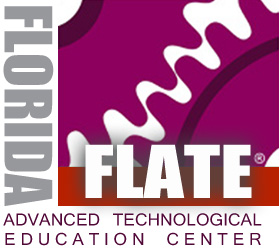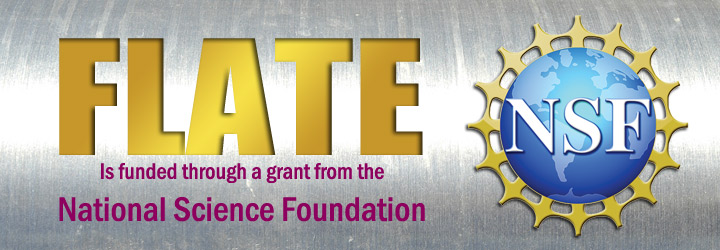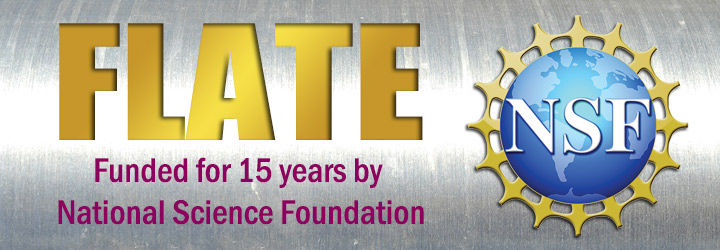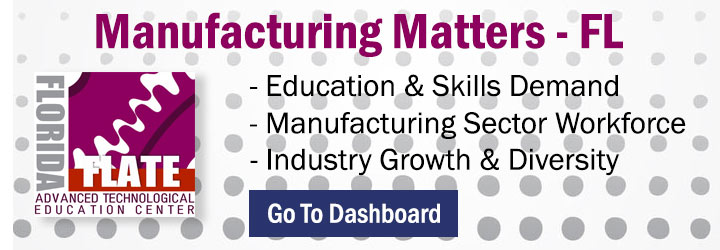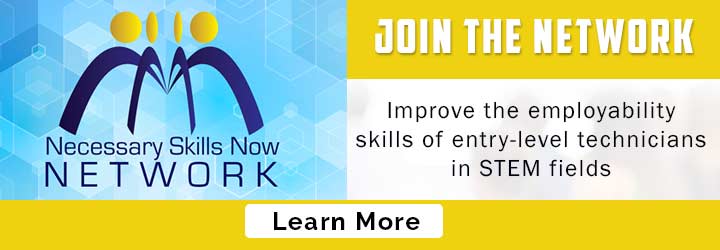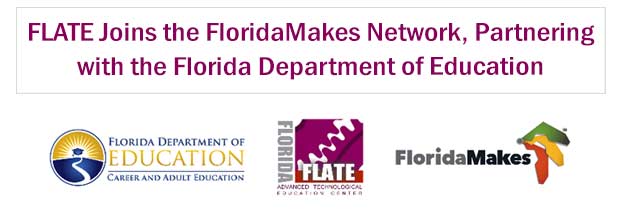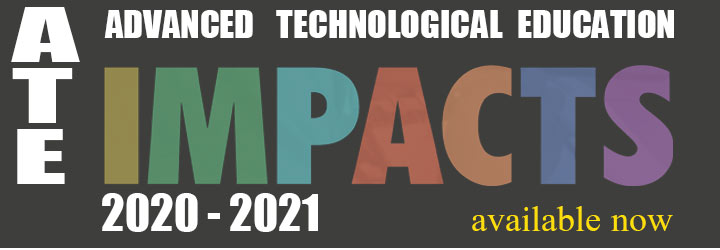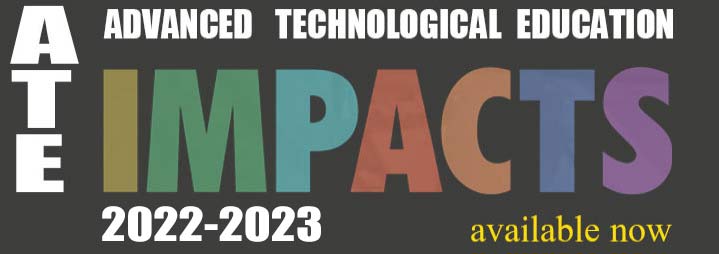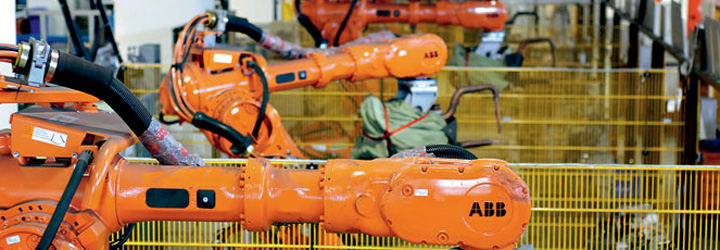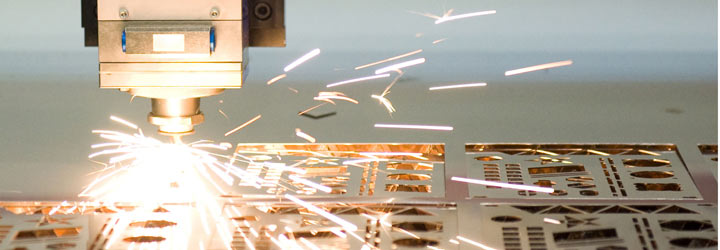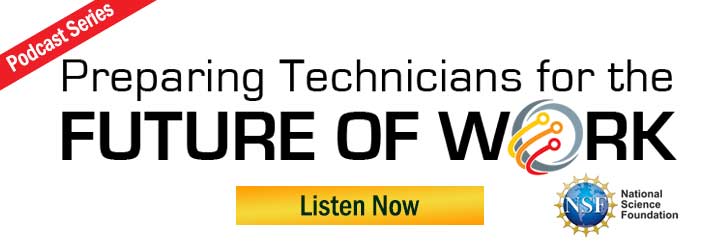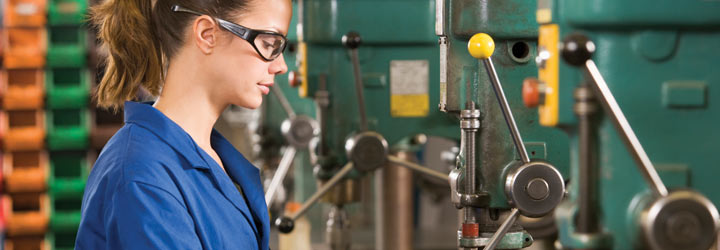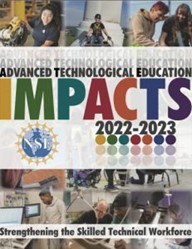Transition of Biotechnology into Biomanufacturing….is it a passage into the future?
Biotechnology and biomanufacturing are among the most rapidly expanding industries in the nation. Over the past 40 years, the U.S. biotechnology industry has matured from its emphasis on basic and applied research, to develop products that impact our daily lives. (Source: The Center for Science Education).
So what is the lure and scope of this emerging biotech industry?
Richard Connolly, a Ph.D. candidate currently pursuing a degree in biomedical engineering at the University of South Florida in Tampa agrees the field of biology has evolved and grown more complex than most people’s textual knowledge about the subject. This shift has tremendously broadened the scope of biology, and raised the need for a well-educated, trained workforce that is prepared to address the challenges of a new industry.
The biomanufacturing workshop for teachers at Hillsborough Community College (HCC), for example, was one such initiative designed to provide information and hands-on training in new advanced technology career paths in biomanufacturing. The workshop was held in June at HCC in Brandon as part of a professional development opportunity for 29 high school teachers from Hillsborough, Polk, Pasco and Hernando counties in Florida. It also represented a cohesive partnership between Northeast Biomanufacturing Center and Collaborative (NBC2), a National Science Foundation Advanced Technological Education Center at Montgomery County Community College in Blue Bell, PA, FLATE at HCC in Brandon, and FCoE-BITT (Florida Center of Excellence for Biomolecular Identification and Targeted Therapeutics) at the University of South Florida.
“Protein is Cash”—the theme behind the workshop at HCC—was part of a series of national workshops offered by NBC2. Central to the workshop was its focus on the production of a “green fluorescent protein of interest.” The “protein” component was derived from transforming cells with foreign genes through the transformation of DNA into RNA. The “cash” component was derived from the process of maximizing protein production. Sonia Wallman, executive director of NBC2 pointed to the production of these proteins as a key enabler in developing vaccines, or drugs such as insulin and new therapeutics which are antibodies against cancer. “This methodology (making a green fluorescent protein) also makes the workshop exciting and hands-on for the participants” Wallman said.
Course content covered a wide range of topics, and was developed in response to local/national industry needs. Participants learned how to transform cells with foreign genes, learned how these transformed cells are cultivated in increasing numbers to maximize the amount of protein, how protein is purified from the cells or nutrient medium, and how quality control tests are used to determine the characteristics of the produced protein. “Knowing the background and how to conduct each of these processes in a small scale can help them develop/perform these tasks on a larger scale” Wallman said. Participants also got an opportunity to participate in clinical trials board games, explore career pathways in biomanufacturing and biotechnology, and tour labs at Moffit Cancer Center.
The workshop was instrumental in positioning biotechnology at the forefront of cutting-edge technology. “What we want to do is give them the skills that they can take back to their classrooms, not just talk science, but “to do” science—that’s the “hook” for generating excitement/engagement” Woodruff said. Teachers Rebecca Rouch and Michelle Lee, biology teachers at East Bay High School in Tampa could not agree more. “Workshops like these help us stay current with the latest content and technologies that are being implemented in the biotech/biomanufacturing field.” It also served as a networking opportunity to exchange ideas with teachers, professors and research students on latest technologies and equipments that can be used in the classroom/lab.
Indeed, given the dynamic environment, it is important for current/prospective students interested in biotechnology/biomanufacturing to be inquisitive about science, recognize the importance of industry-related training, and develop an understanding of how a biomanufacturing facility operates, or what each job entails. Richard Connolly says the major focus right now is on molecular biology, and on manufacturing protein-based drugs, bio therapies, gene therapies and drug therapies, and students need to grab the opportunities that are out there. Connolly points to Florida as a fertile ground for launching successful careers in biomanufacturing, especially with the money filtering in from the biotech corridor, and with the growth of small biotech companies across the state. “There is a lot more to biology than the kingdom, phylum species classification systems. Biology is being used to develop cures, it can be an applied science like chemistry, engineering or applied physics as opposed to just being a field of knowledge about zebra fish” Connolly said.
For information on biomanufacturing and biotechnology initiatives and workshops in Florida contact Dr. Marilyn Barger, executive director of FLATE at barger@fl-ate.org, or visit www.fl-ate.org/projects/bitt.html. For information on Northeast Biomanufacturing Center and Collaborative contact Sonia Wallman at swallman@ccsnh.edu, or visit www.biomanufacturing.org.
